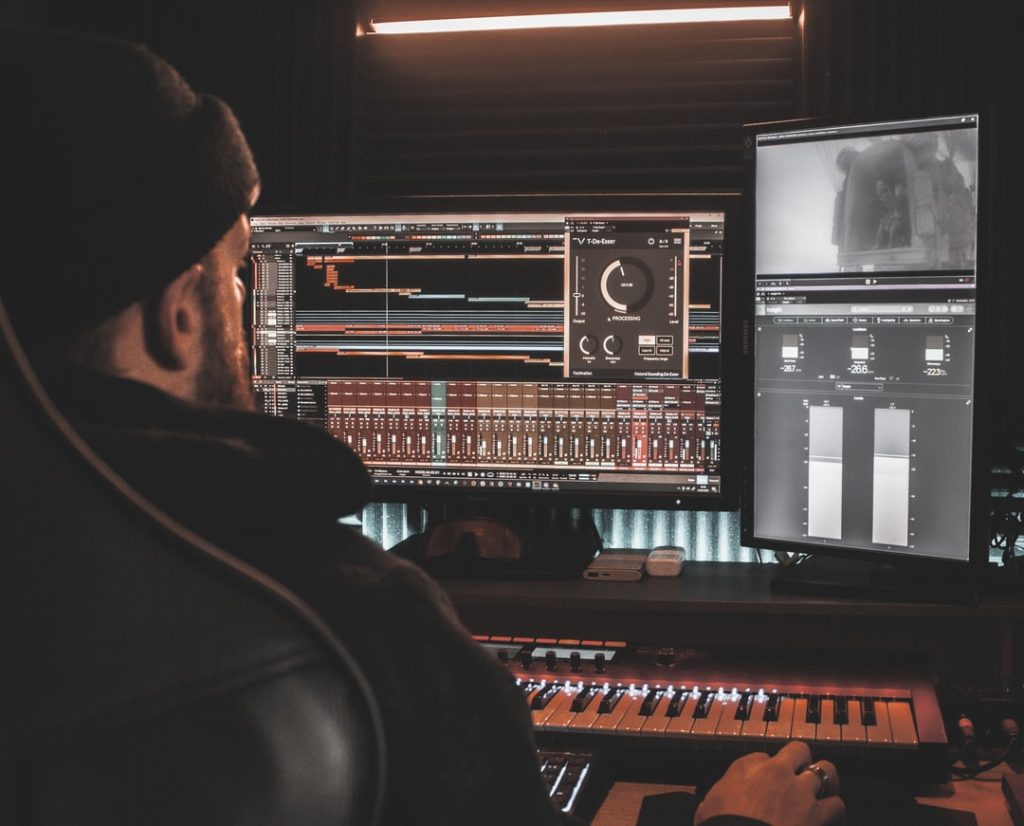
Let’s give the excessive scrolling and short lived dopamine-high a break — if only for a weekend.
You don’t need to dream of headlining Tomorrowland or channeling the late Avicii to find joy and purpose in making music. Technology has reshaped the music landscape – making music creation more accessible than ever before.
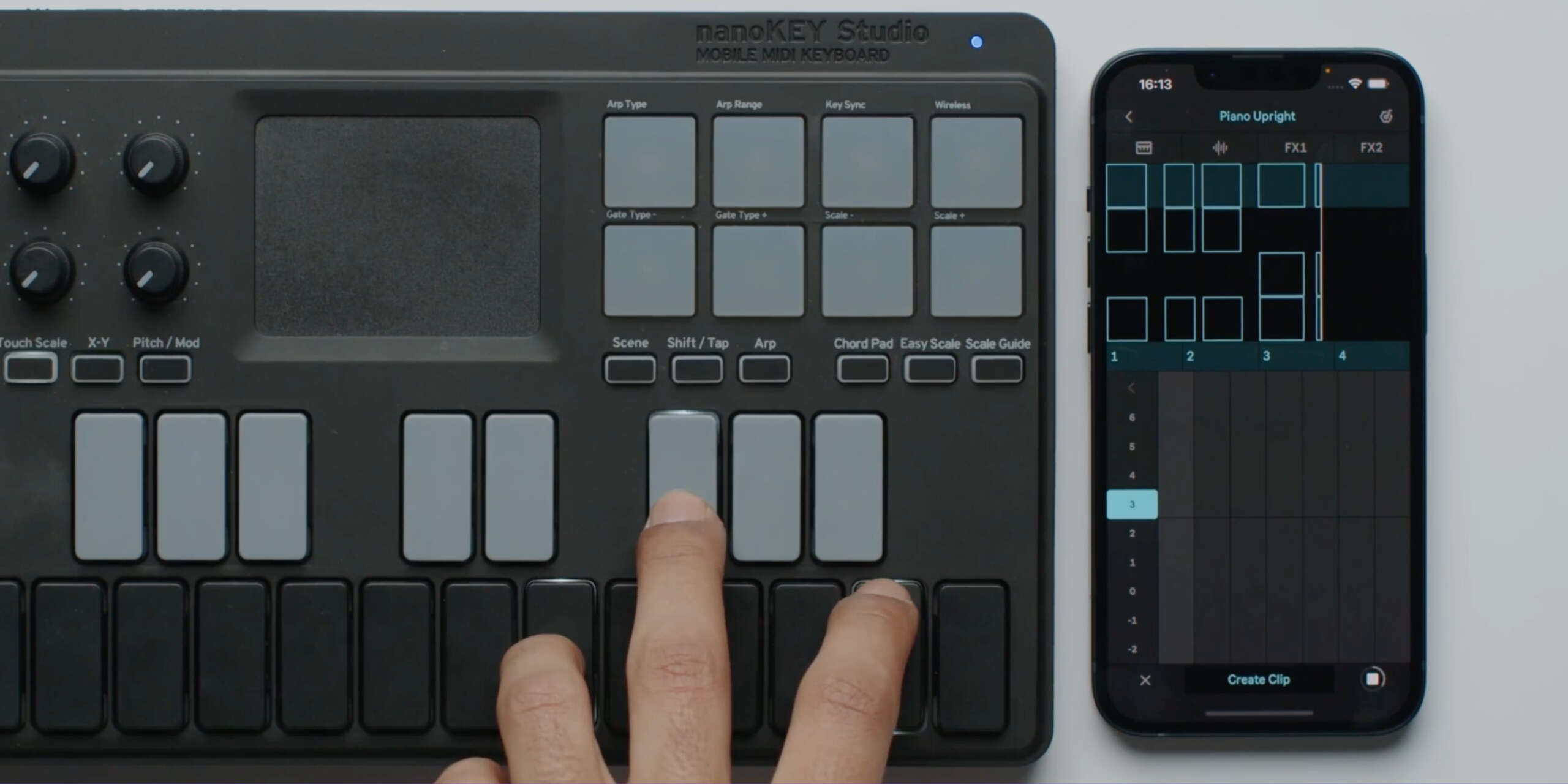
Thanks to mobile apps and user-friendly software, anyone with a smartphone can produce tracks, experiment with sounds, and tap into a creative outlet that benefits mental health and builds valuable skills—all without picking up a guitar or sitting at a piano.
This democratization of music production is not just about creating the next chart-topping hit; it’s about empowering everyone to express themselves, reduce stress, and personal growth through creativity.
The Rise of Accessible Music Production
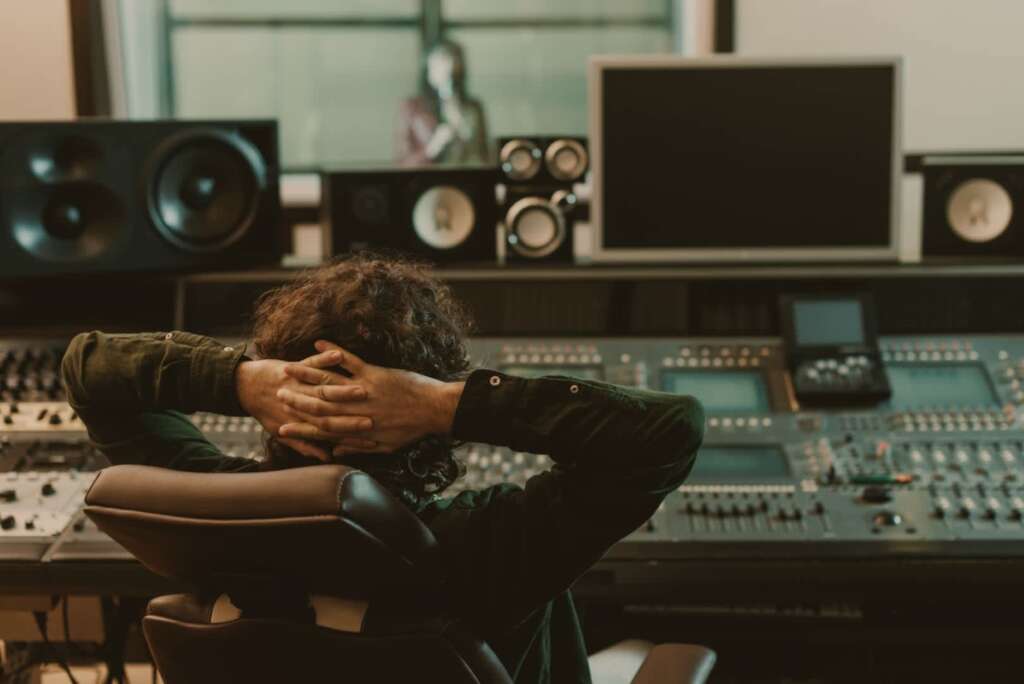
Gone are the days when music production required a pricey studio, complex hardware, or years of instrumental training. Today’s music landscape is defined by tools that put creativity in the hands of the masses. Apps like GarageBand, FL Studio Mobile, BandLab, and Soundtrap allow users to compose, record, and mix tracks directly from their smartphones or tablets. These platforms offer intuitive interfaces, pre-made loops, virtual instruments, and AI-powered features like vocal tuning and mastering, making it easy for beginners to create music that sounds professional.
The numbers tell the story of this shift. According to a 2024 report from MIDiA Research, over 60% of independent musicians now use mobile devices as part of their production process, like Steve Lacy here. Platforms like BandLab boast millions of active users creating and sharing music monthly.
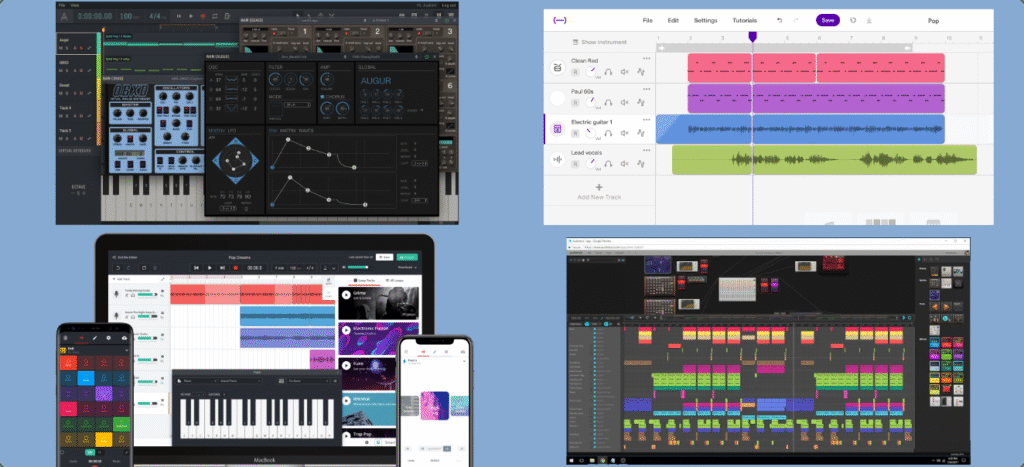
Cloud-based DAWs (digital audio workstations) and affordable apps have lowered the barrier to entry, enabling anyone with a phone to start producing music for free or at a low cost. This accessibility is a game-changer, inviting hobbyists, amateurs, and curious creators to explore music without the pressure of becoming the next global superstar.
Music as a Mental Health Booster
Creating music, even casually, has profound mental health benefits. Studies, like those published in Frontiers in Psychology, show that engaging in creative activities reduces stress, anxiety, and symptoms of depression by providing an outlet for self-expression and emotional release. Music production, in particular, activates multiple brain regions, fostering a sense of flow—a state of deep focus that can feel meditative and restorative.
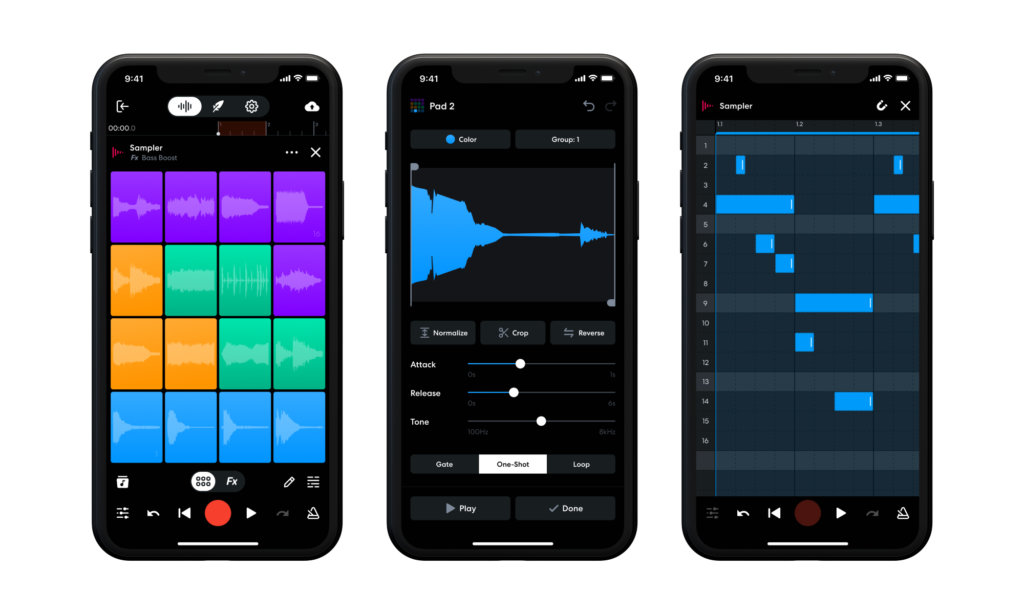
Mobile music apps make this therapeutic process accessible. For example, crafting a simple beat on FL Studio Mobile or layering vocals in Soundtrap can be a cathartic way to process emotions. The tactile nature of touch-based interfaces—dragging loops, tweaking sounds, or recording a hummed melody—feels playful and intuitive, lowering the intimidation factor.
Unlike traditional instruments, which require disciplined practice, these apps let users experiment instantly, offering a low-stakes environment to explore creativity outside the limelight.
Learning New Skills Without Mastering an Instrument
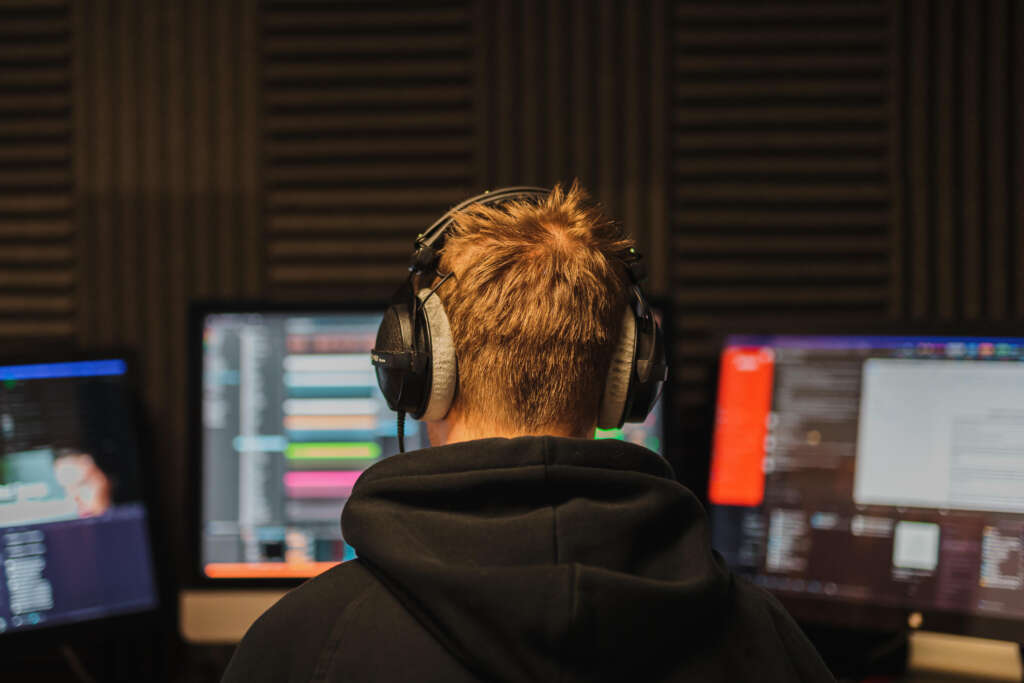
One of the most exciting aspects of this new music landscape is that you don’t need to learn a specific instrument to create music or develop valuable skills. Mobile apps and software provide tools like MIDI keyboards, virtual synths, and drag-and-drop interfaces that bypass the need for technical proficiency on a piano or guitar. Yet, the process of producing music still cultivates a range of transferable skills that enhance personal and professional growth.
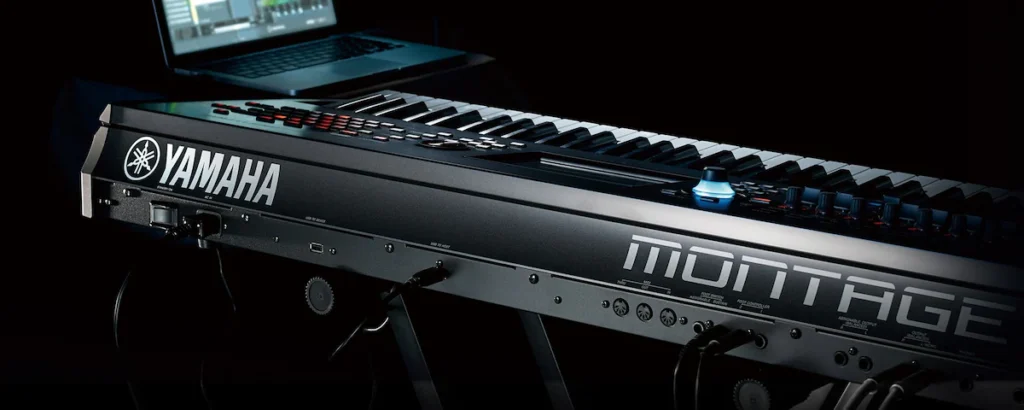
- Creativity and Problem-Solving: Arranging tracks, balancing sounds, and experimenting with genres sharpens creative thinking and decision-making. These skills translate to fields like design, marketing, or entrepreneurship, where innovation is key.
- Tech Literacy: Navigating DAWs, understanding audio effects (e.g., reverb, EQ), and integrating AI tools build digital fluency. In an era where tech skills are in high demand, music production offers a fun way to learn.
- Collaboration and Communication: Apps like Soundtrap and BandLab enable users to collaborate with others globally, fostering teamwork and communication skills. Sharing projects or receiving feedback in app communities mirrors workplace collaboration dynamics.
- Time Management and Focus: Producing a track, even a short one, requires planning and prioritization. Users learn to break down tasks—recording, mixing, editing—while maintaining focus, a skill applicable to any goal-oriented endeavor.
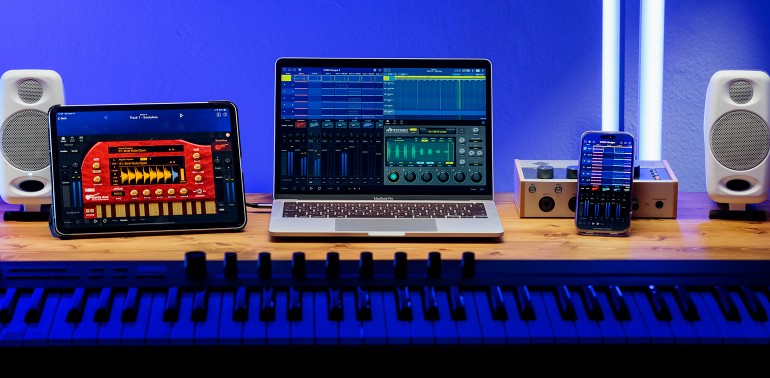
For example, apps like Korg Gadget provide virtual synthesizers that let users create complex electronic sounds by tweaking sliders, no music theory required. Similarly, BandLab’s loop libraries allow beginners to build songs by stacking pre-made sounds, teaching arrangement and structure intuitively. These tools turn music production into a playground for learning — where the process is as valuable as the product.
The Role of Technology in Democratising Creativity
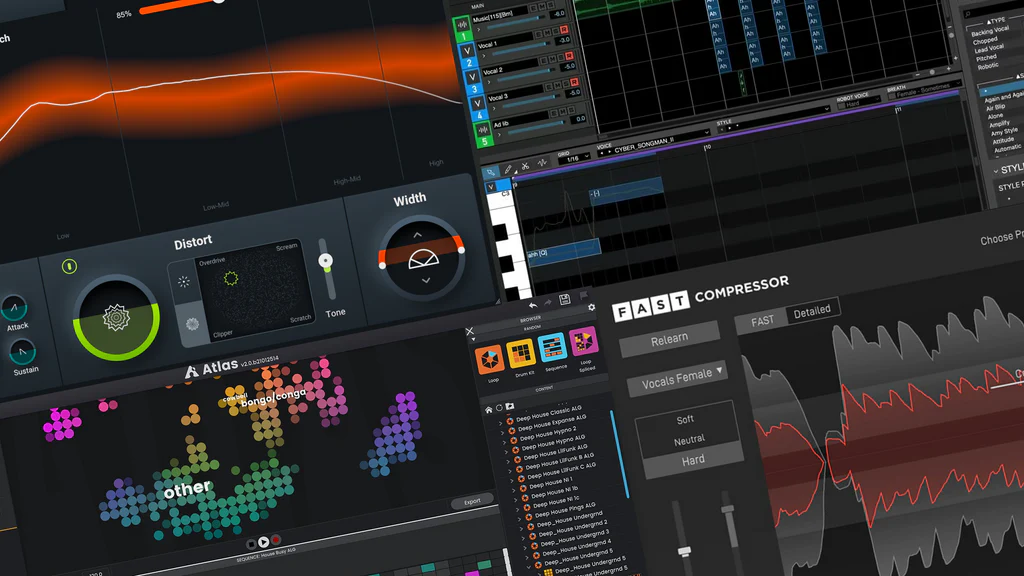
The 2025 music landscape is defined by technology that empowers everyone. AI-driven features, like LANDR’s mobile mastering or Voloco’s vocal processing, simplify complex tasks, while cloud-based platforms enable seamless collaboration and storage. These advancements mean you can start a track on your phone during a commute and finish it on a laptop at home, with no loss in quality or continuity.
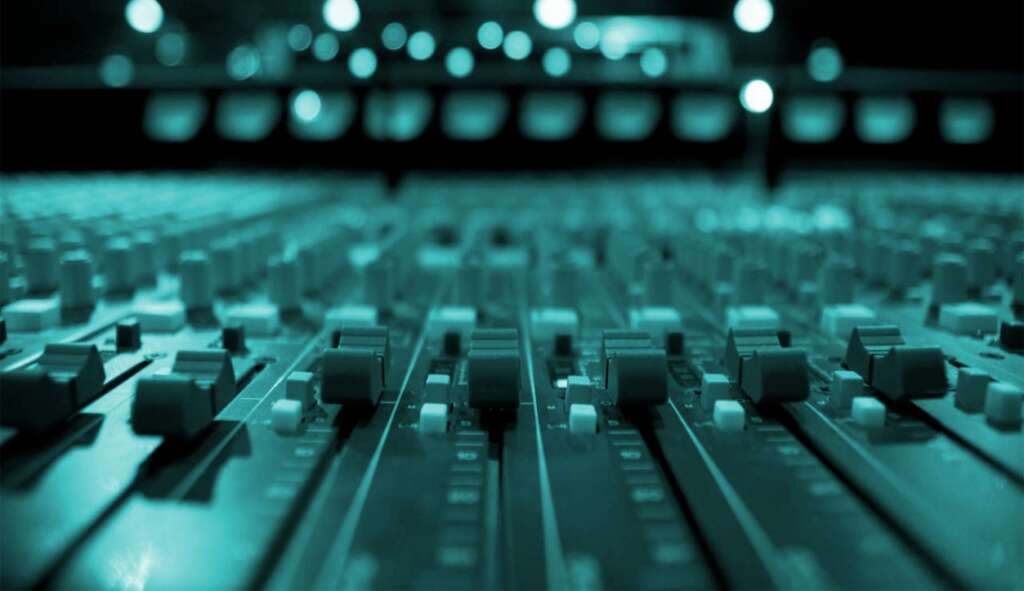
This tech-driven accessibility also fosters inclusivity. In regions where traditional music education or studio access is limited, mobile apps provide a gateway to creativity. Young creators in rural areas or developing countries can produce and share music with global audiences, levelling the playing field.
As artist and producer T-Pain noted in a 2024 interview, “The phone in your pocket is a studio now. Anyone can tell their story through music, and that’s powerful.”
Why It Matters: Creativity for All
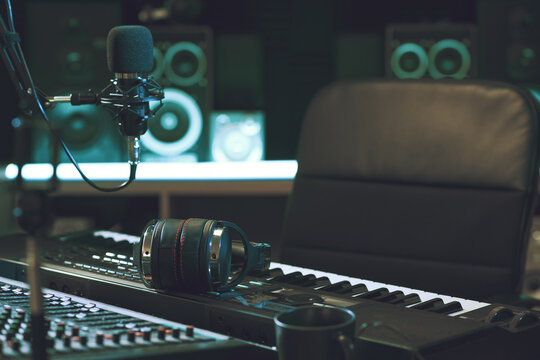
The beauty of this new music landscape is that it’s not about chasing fame or emulating icons like Avicii. It’s about the joy of creation, the mental health benefits of self-expression, and the skills gained through exploration. Whether you’re layering beats to de-stress, experimenting with sounds to spark creativity, or collaborating with friends to build something new, music production is a universal language that anyone can speak.
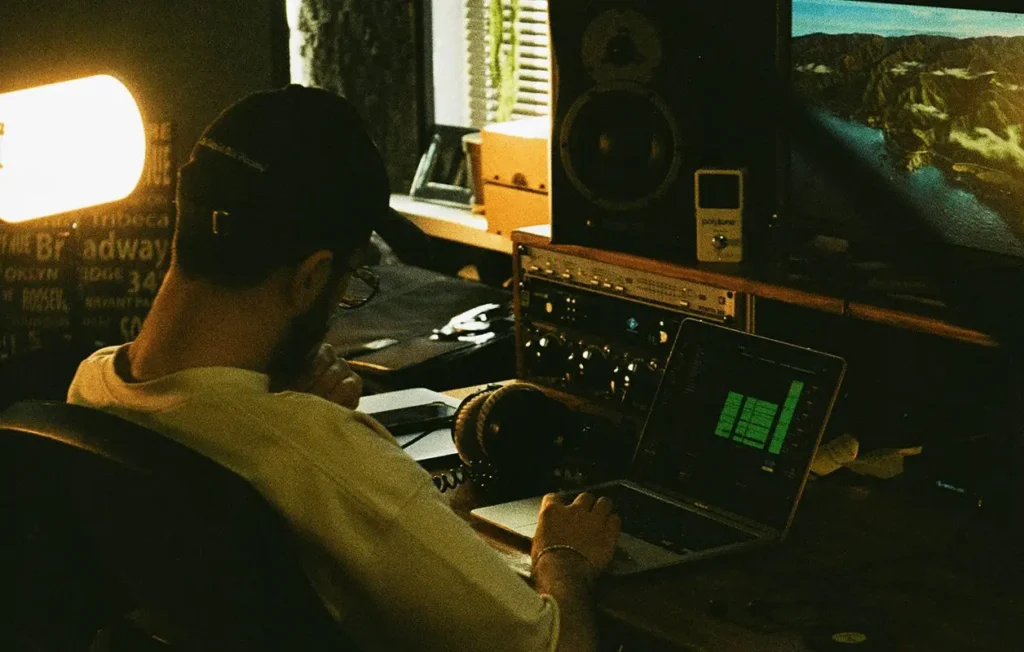
So, download an app like GarageBand or BandLab, tap into a loop, and start creating. You don’t need to be a prodigy or own a synthesizer to make music that matters—to you, your mind, and your growth. These times, the music landscape isn’t just for the professionals; it’s for everyone ready to press play on their creativity.


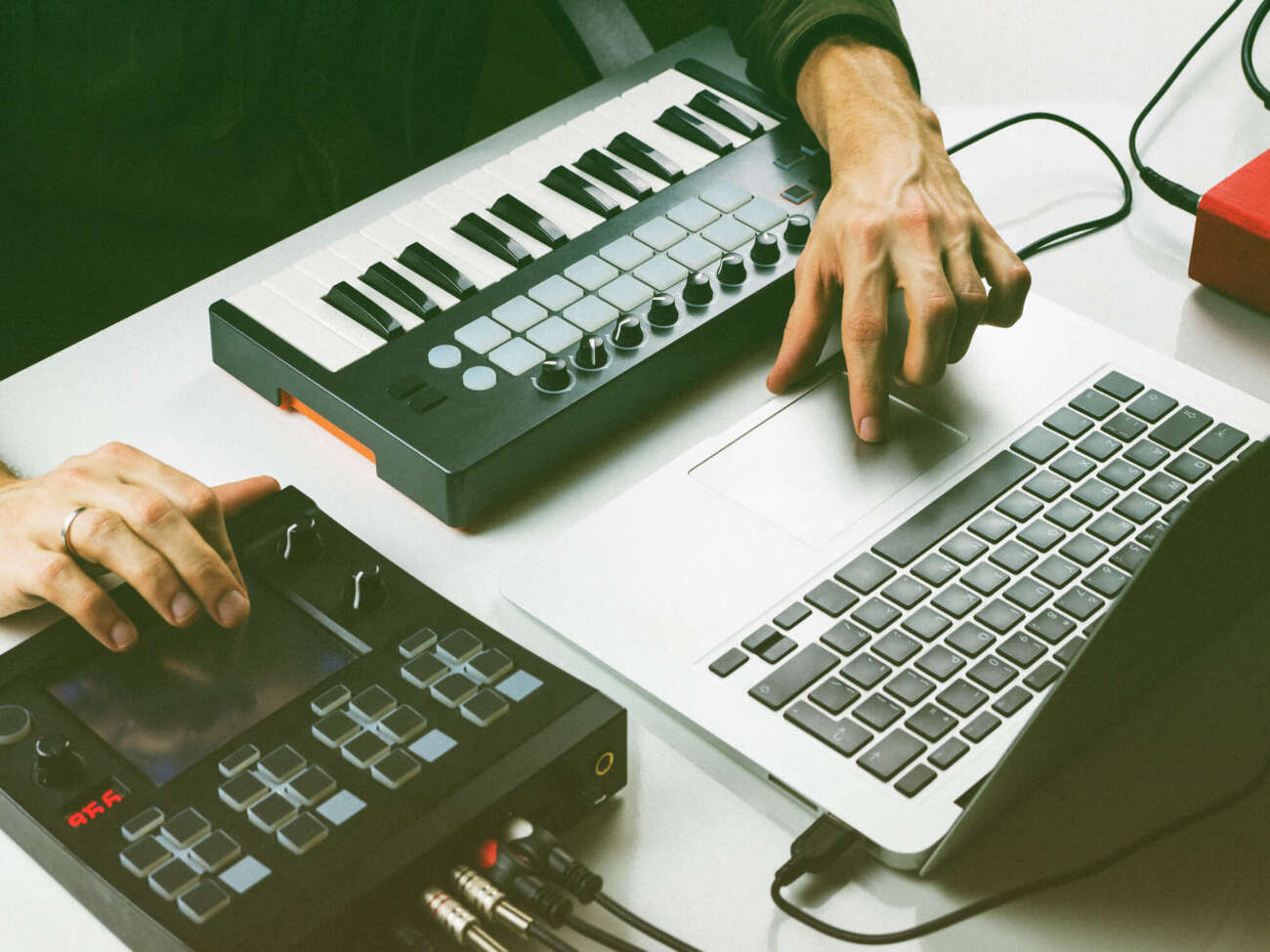
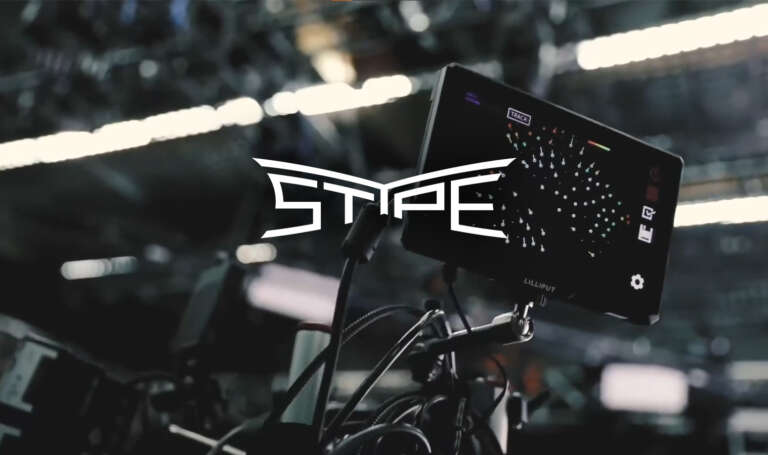
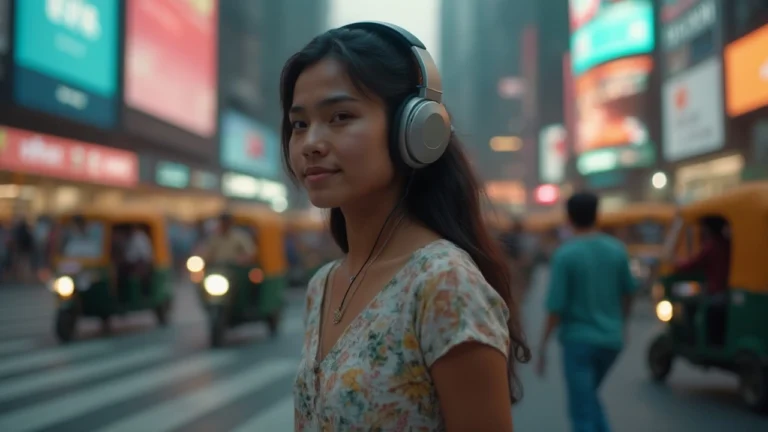
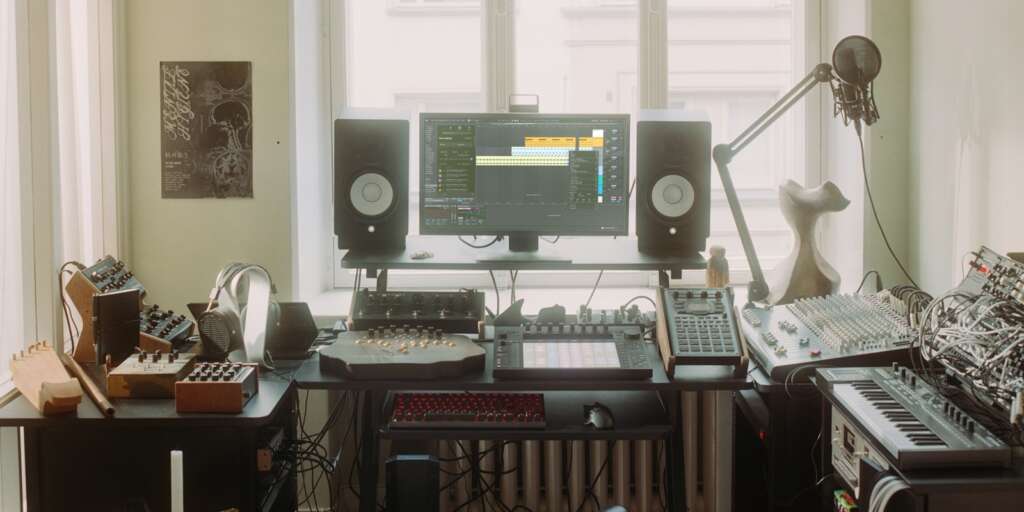
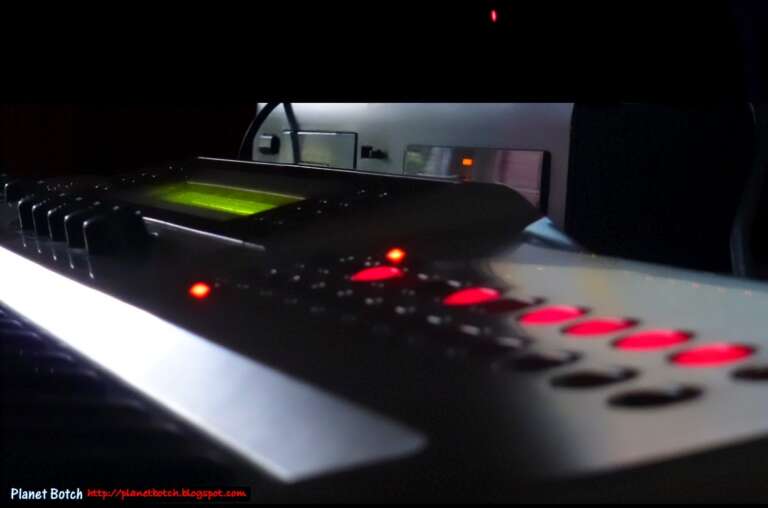
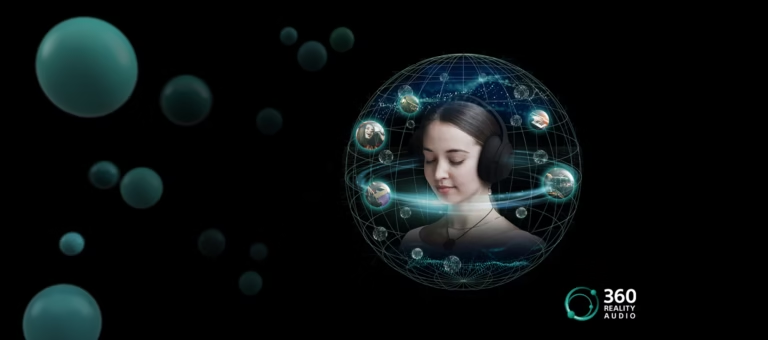
Leave a Comment